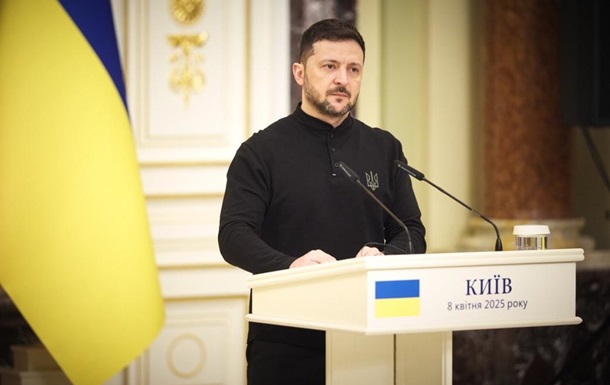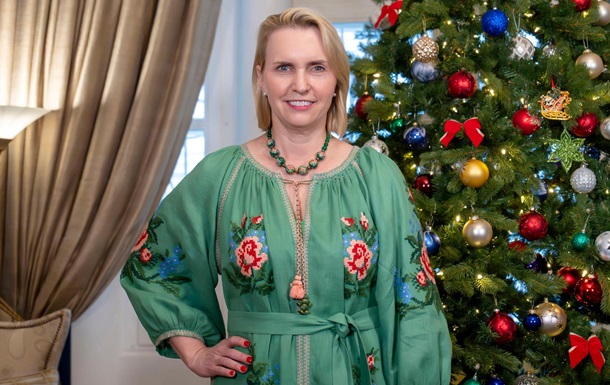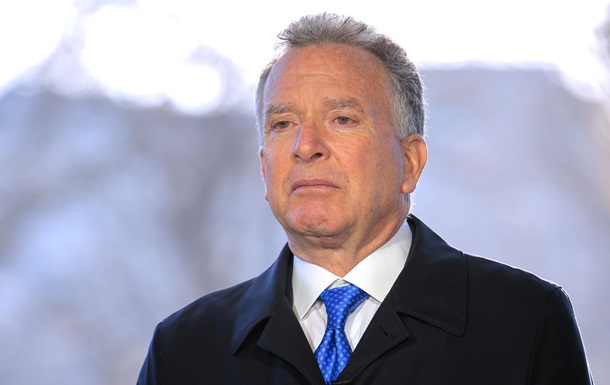Ukrainian President Volodymyr Zelenskyy has become one of the most recognized wartime leaders of the 21st century, admired for his resilience and criticized by skeptics abroad. Among the latest controversies is a public dispute with U.S. Congresswoman Victoria Spartz, a Republican of Ukrainian origin, who lashed out at Zelenskyy, calling him an “idiot” and accusing his administration of corruption and incompetence. The clash has drawn international attention and raised deeper questions about leadership, loyalty, and the complex expectations placed on a country at war.
Spartz, in a statement responding to an interview with The Telegraph, claimed that her words were distorted and misused by what she described as Zelenskyy’s “propaganda machine.” According to her, the headline was deliberately sensationalized to paint her — and former President Donald Trump — as villains obstructing Ukraine’s survival. Yet, despite correcting the record on certain quotes, Spartz doubled down on her criticism, blaming the Ukrainian president and parliament for Ukraine’s challenges in the war against Russia.
“I spent enormous energy trying to help Ukraine’s military,” she stated, “but it’s a lost cause if your country is run by idiots.”
Zelenskyy, whose presidency began as a gamble — a former actor stepping into one of Europe’s most demanding political roles — has transformed into a wartime symbol. His nightly addresses, personal visits to frontline soldiers, and tireless diplomacy have galvanized global support. However, as the war grinds on, cracks have appeared even among Western allies.
Spartz, once a supporter of military aid to Ukraine, has voted against recent packages, including a crucial $61 billion allocation. Her pivot reflects a broader shift in U.S. politics, where some factions argue for prioritizing domestic issues over foreign aid. In her view, any long-term resolution to the war must involve compromise, even if it means territorial concessions — a position Kyiv strongly rejects.
Her most provocative claim — that Zelenskyy’s potential re-election could lead to Ukraine’s downfall — has struck a nerve. She urged Ukrainians to “choose a new leader in the pursuit of lasting peace,” portraying Zelenskyy as an obstacle rather than a solution. Critics argue that this kind of rhetoric emboldens Russia and weakens Ukraine’s diplomatic position.
Zelenskyy, for his part, has remained focused on securing international unity. In recent weeks, he has intensified efforts to shore up support from Washington and European capitals, stressing that delaying aid or suggesting peace talks with Vladimir Putin only serves to reward aggression. “We will not trade our freedom for promises,” he told the European Parliament earlier this year.
The tension between Spartz and Zelenskyy reveals the strain even allies feel amid prolonged conflict. Yet it also highlights a deeper truth: war reshapes politics far beyond the battlefield. As Ukraine resists both military invasion and political skepticism, Zelenskyy continues to lead under extraordinary pressure — balancing diplomacy, national morale, and the ever-watchful eyes of the world.
His leadership may be polarizing in some circles, but for many Ukrainians, he remains a symbol of defiance. And in wartime, symbols often matter just as much as strategy.




